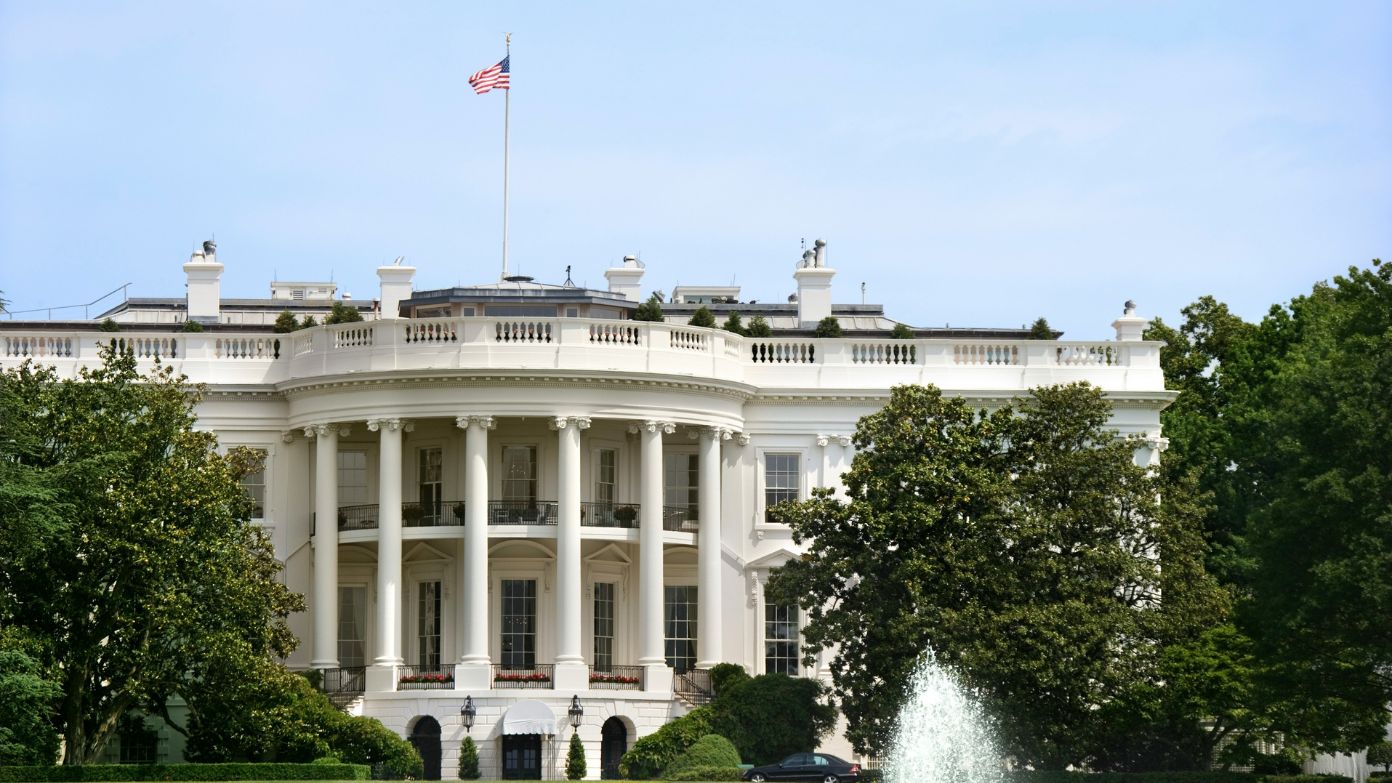The White House has responded to reports suggesting that changes might be coming to how Social Security checks are determined, especially for older Americans and contrary to popular misconceptions, there are no planned changes to the current Social Security system according to reports by the administration.
The conversation began after The Washington Post reported that officials were reviewing a proposal to remove age as a factor when deciding whether someone qualifies for disability payments. If true, this could have made it harder for older Americans to receive certain benefits. However, the White House quickly denied that any such move was being made.
Deputy Press Secretary Kush Desai told Newsweek, “President Trump will always protect and defend Social Security for American citizens.” He added that the only policy change related to Social Security was part of President Trump’s working families tax cut legislation, which reduced taxes on Social Security benefits for nearly all beneficiaries.
What is the alleged Social Security proposal about?
According to the report, some officials were reviewing whether to update how disability eligibility is decided. Right now, the Social Security Administration (SSA) uses what is called a five-step process to evaluate if a person qualifies for disability benefits. This process considers:
- The applicant’s current work activity
- The severity of the person’s health condition
- Whether the condition matches one listed by the SSA
- The ability to perform previous work
- The capacity to do other jobs based on age, education, and experience
Older applicants tend to have a better chance of qualifying because age is recognized as a limitation when adjusting to new kinds of work. The rumored proposal, however, suggested removing age as a factor altogether or only applying it to people over 60.
That report caused concern among older Americans and disability advocates who feared that such a change could make it more difficult to qualify for benefits.
Recommended:
The White House insists: “It’s President Trump’s legislation”
In response to the growing attention, the White House said the claims were misleading and that President Trump’s only Social Security-related policy was the tax cut legislation that helped most beneficiaries.
Kush Desai explained, “The only policy change to Social Security is President Trump’s working families tax cut legislation that eliminated taxation of Social Security for almost all beneficiaries—which every single Democrat voted against.”
This statement suggests that the White House is distancing itself from any idea of tightening eligibility rules for Social Security payments.
Understanding SSDI and SSI benefits
For those who rely on Social Security benefits, it helps to understand the two main programs involved:
- Social Security Disability Insurance (SSDI): This benefit is set up by the government for people who have worked for most of their lives and paid Social Security taxes long enough to earn work credits. If you become disabled and cannot work, SSDI pays you a monthly income to help take care of you and your family. After two years, you also qualify for Medicare.
- Supplemental Security Income (SSI): This program is needs-based and helps people who are disabled, blind, or over 65 with limited income or resources. Unlike the SSDI, SSI is funded by general tax revenue rather than Social Security taxes, and most recipients qualify for Medicaid.
However, there is no information on whether the rumored rule change would apply to both programs or only one.
Recommended:
What the Social Security Administration is saying
An SSA spokesperson reported to The Washington Post that the agency is working on ways to modernize and improve how disability claims are reviewed. This includes updating outdated job data, which still lists occupations that no longer exist, such as “nut sorter” or “telephone quotation clerk.”
The spokesperson explained, “We are working on plans to propose improvements to the disability adjudication process to ensure our disability program remains current and can be more efficiently administered.”
They added that any future proposal will go through a public comment process, meaning members of the public will have a chance to share their opinions before any rule is finalized.

